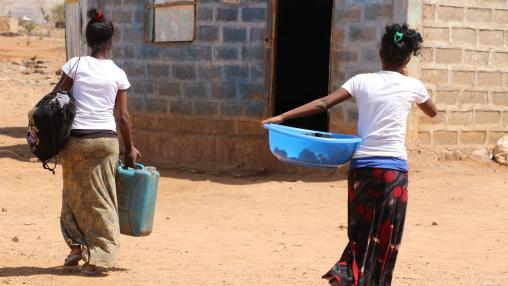
Millions Face Rising Acute Food Insecurity, According to New FAO-WFP Report
Millions of people across 22 countries and territories may be pushed into acute food insecurity by May 2025, according to the latest FAO-WFP Hunger Hotspots Report. Ongoing and increasing conflict in many areas of the world, along with economic hardships and extreme weather caused by climate change and the La Niña phenomenon, are behind this significant increase in both the magnitude and the severity of acute food insecurity.
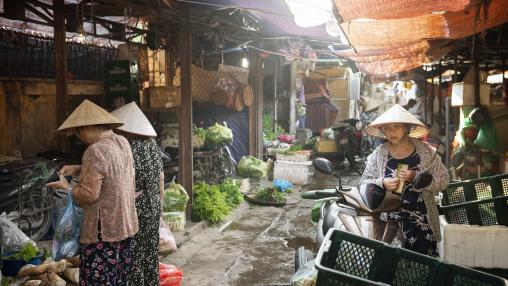
Evaluating impacts: Lessons from food systems interventions across Africa and Asia
Food systems play an important role in shaping our diets. Recently, there has been growing attention to food systems transformation, which involves changing different components of global food systems to make nutritious foods more accessible to consumers. At the 2021 UN Food Systems Summit, more than 100 countries pledged to transform their food systems, a clear recognition of the importance of healthy diets in preventing all forms of malnutrition worldwide.
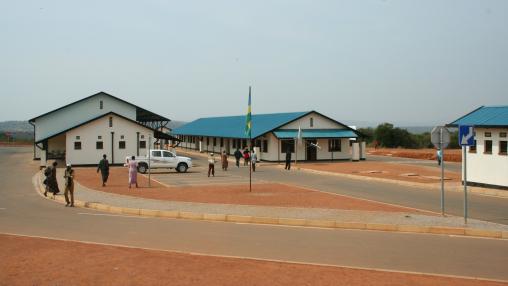
Resilience in Rwanda: New Brief Looks at Impact of Economic Shock
On January 12, 2024, trade between Rwanda and Burundi came to a halt when the border crossing was unexpectedly closed. Food prices in Rwanda may have been expected to fluctuate more than normal as a result—both falling prices for commodities typically exported to Burundi that instead began flooding local markets and rising prices for commodities typically imported from Burundi that faced suddenly limited local supply.
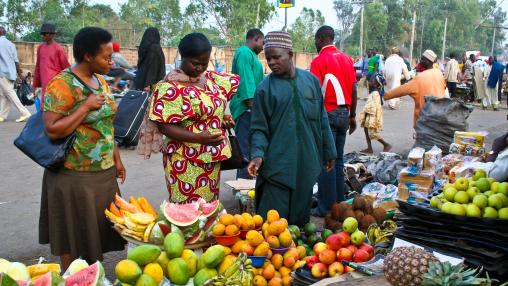
Launch of the Nigeria Food Security Simulator
The CGIAR Initiative on National Policies and Strategies Nigeria has released the new Nigeria Food Security Simulator. This Excel-based tool allows users to estimate short-term impacts of household-level income or food price shocks and related policy decisions on diets and food security in the country.
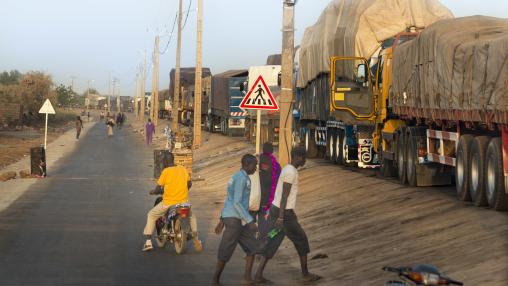
New Database Provides Improved Look at Intra-Regional Trade in West Africa
Trade plays a critical role in economic development and agricultural transformation. However, reported intra-regional trade in Africa south of the Sahara (SSA) has historically been quite low, potentially impacting poverty, livelihoods, and food security in the region. Over the past decade, policymakers have set out to change this, signing the 2014 Malabo Declaration that aims to triple intra-African trade in agricultural goods by 2025 and establishing the African Continental Free Trade Agreement to remove barriers to cross-border trade.
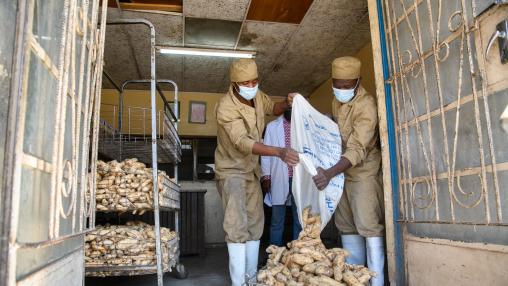
New E-Learning Courses Launched on FSP E-Learning Platform
The Food Security Portal E-learning Platform has launched two new courses: the French version of the Pro-WEAI (Women’s Empowerment in Agriculture Index) Foundations Module and a brand-new course focused on training Farmer Business School facilitators.
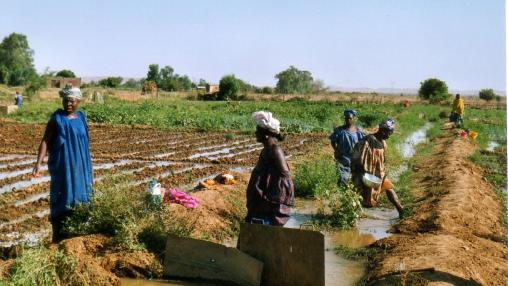
Climate Change and Household Food Access: The Case of Senegal
Throughout the Sahel region of West Africa, the majority of crops and livestock are produced during one main rainy season. Any disruptions to this season—like those caused, for example, by climate change-induced drought—can have significant negative impacts on incomes, food availability, and food security for both producers and consumers. A new article in Global Food Security examines these impacts at the household level in Senegal.
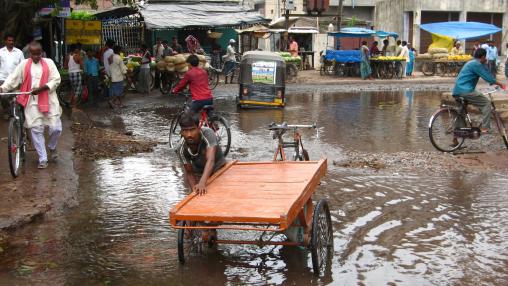
The world is not on track to end hunger: 2021 SOFI report released
Our window of opportunity for achieving SDG 2 — eradicating hunger and malnutrition and ensuring access to safe, nutritious, and sufficient food for all by 2030 — is closing rapidly. However, far from moving closer to that goal, the world has seen a resurgence of hunger and food insecurity.
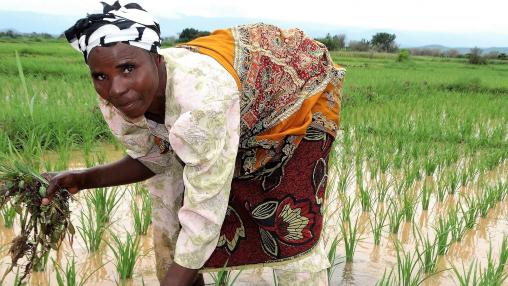
Food security in the face of COVID-19: Evidence from Africa
Food security has been a significant concern for Sub-Saharan Africa (SSA), even before the onslaught of challenges brought about by COVID-19. As the pandemic started spreading to the region, one concern has been that of its possible impacts on food security, as the crisis has the potential to exacerbate an already fragile food security environment.
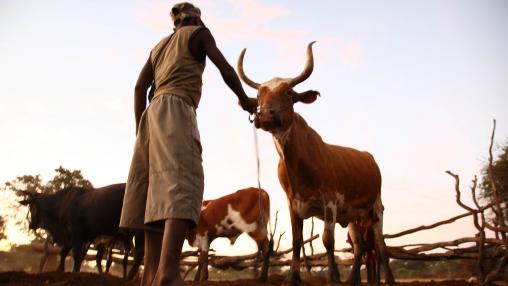
The Quest for Safer Foods: COVID-19 and Dairy Value Chains in Ethiopia
This post originally appeared on IFPRI's Ethiopia Strategy Support Program (ESSP) blog.
The share of households consuming dairy products in Addis Ababa has dropped by 11 percentage points since the COVID-19 crisis, seemingly linked to perceived risks of consuming dairy products. All income groups declined their consumption, except for the richest quintile where the share of consuming households changed little.